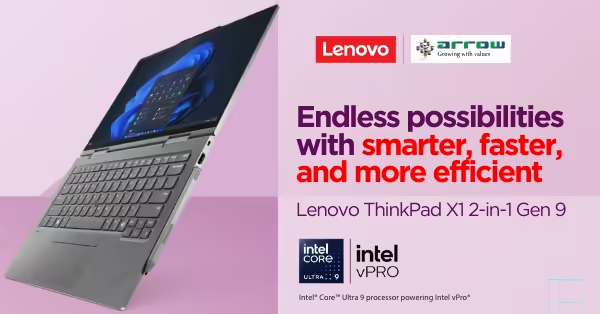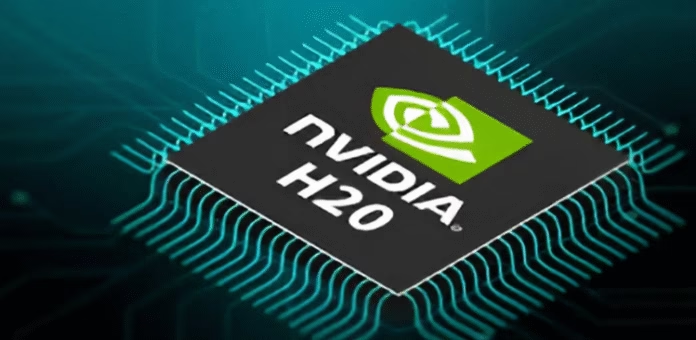Nvidia has received the green light from the U.S. Commerce Department to resume exporting its H20 graphics processing units to China, a U.S. official confirmed to Reuters on Friday. The move lifts a major barrier for one of the world’s leading AI chipmakers to re-enter a key market.
The approval follows a policy reversal last month when Washington overturned an April ban on selling the H20 chip to China. Nvidia designed this microprocessor specifically for the Chinese market, ensuring it complied with strict Biden-era export controls targeting advanced AI technology.
From Ban to Approval
In July, Nvidia announced it had filed applications with the U.S. government to restart H20 sales in China, and that it expected licensing approvals soon. That expectation has now been met, though it’s unclear how many licenses have been issued, which companies will receive the chips, or the total shipment value.
The export restrictions, imposed earlier this year, were expected to cost Nvidia around $8 billion in revenue for its July quarter. Back in April, the company also projected a $5.5 billion charge tied to the H20 restrictions. However, by May, it reduced that figure by $1 billion after reusing some of the affected materials.
A Vital Market for Nvidia
China remains one of the largest semiconductor markets in the world and a critical revenue driver for U.S. chipmakers, even amid tightening U.S. export controls. Nvidia CEO Jensen Huang has openly warned that losing access to China could weaken the company’s leadership position, especially as domestic players like Huawei are aggressively developing their own chips.
The H20 chip has been a strong performer for Nvidia, generating $4.6 billion in sales in the first quarter of this year. During the same period, China accounted for roughly 12.5% of Nvidia’s overall revenue.
Ongoing Restrictions
While the H20’s export ban has been lifted, U.S. restrictions remain in place for Nvidia’s other advanced AI chips destined for China. These measures are part of a broader U.S. effort — sustained by multiple administrations — to limit China’s access to cutting-edge technology that could support its AI and defense capabilities.
Nvidia has also faced scrutiny from Chinese authorities, who raised concerns over possible security risks. The company has firmly stated that its products contain no “backdoors” that would enable remote access or control.
For now, the restored access to China for the H20 chip marks a significant win for Nvidia, offering a fresh revenue boost at a time when global demand for AI chips is surging.


